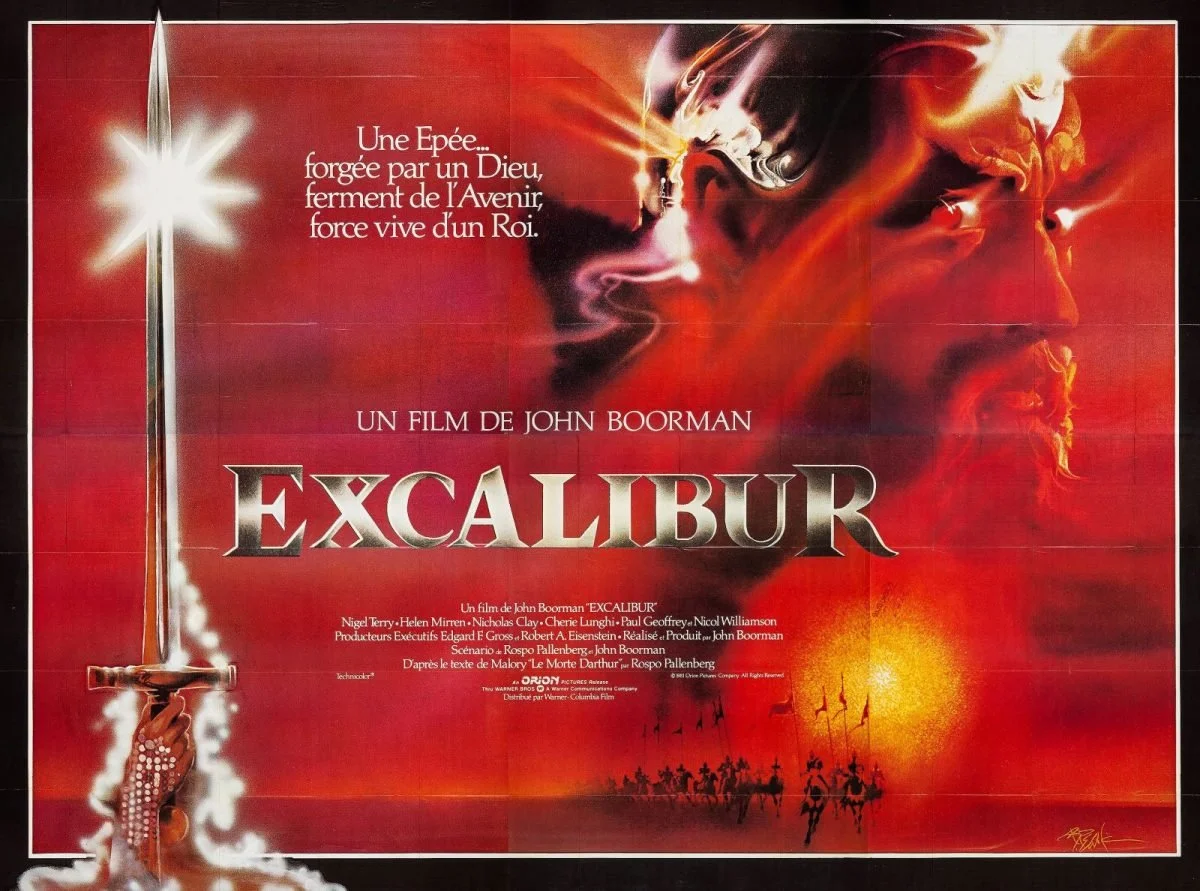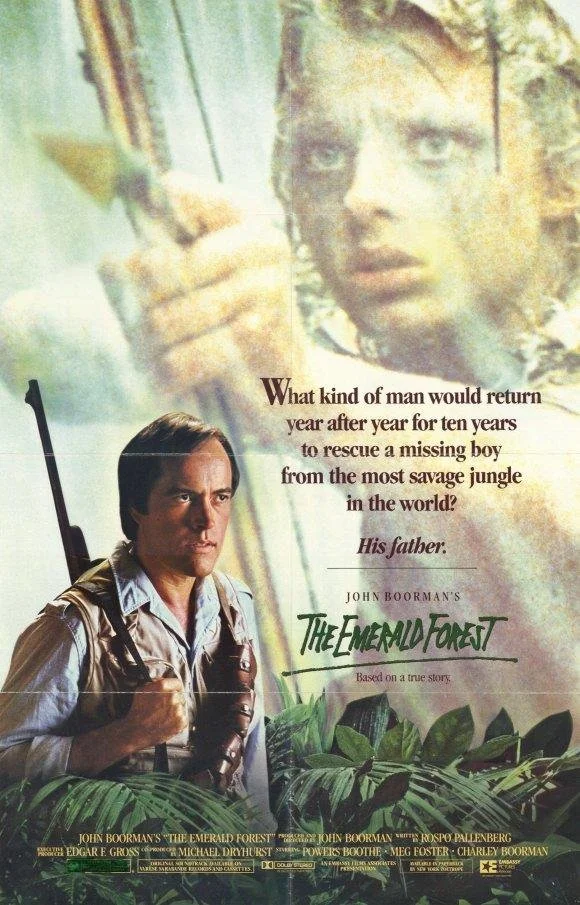John Boorman: Taking Chances, Making Magic
“Sometimes it works, and comes together, and sometimes it doesn’t.” — John Boorman
The acclaimed director, John Boorman, turned ninety today. I feel compelled to pay my respects and convey my gratitude for all the enjoyment he has given me over the decades. The creator of Excalibur deserves no less.
John grew up in Shepperton, England, a village not far from London. H. Rider Haggard used to vacation there and the ghost of a headless priest is said to haunt its streets. Boorman was still just a child when the Third Reich began blitzing London, an experience he turned into his film, 1987’s Hope and Glory. He served his compulsory military service upon reaching adulthood and then went on to work as a journalist and documentary filmmaker for the BBC. His first break came in 1965, when he was tapped to film the mock-doc, Catch Us If You Can, featuring the Dave Clark Five. The movie was critically well-received and made some money. Soon Hollywood came calling.
John's first Hollywood film was Point Blank, a hard-hitting slice of film noir set in sunny California. Film execs balked at Boorman's experimental take on the genre, but his star, Lee Marvin, backed him all the way.* The film is now considered a minor classic. John and Lee teamed up again for Hell in the Pacific, which also co-starred the immortal Toshiro Mifune. The film is somewhat flawed but worth watching, in my opinion.
Boorman came into his own with the release of 1972's Deliverance. Four Atlanta boys venture into the Georgia backwoods to do some white-water canoeing. Wilderness mayhem ensues. I’ve been known to call this one “Beyond the Cahulawassee River”. Apparently, Boorman and his co-writer, James Dickey, got in a fistfight onset over the screenplay. Dickey—who plays the Sheriff in the movie—busted Boorman’s nose and teeth. The two reconciled and actually became friends after that. John might be a ‘cinema artiste’, but hardcases like Marvin and Dickey thought he was all right.
Recognized as a powerful work of cinema almost instantly, the film made its studio canoe-loads of cash. Its success was such that John was able to ride out the rest of the decade on its coattails.
The remainder of the 1970s were uneven--to say the least--for Boorman. Zardoz and The Exorcist II have their adherents, but few try to argue that either was a totally successful film in artistic or monetary terms. Boorman has always been unafraid to take chances. As he once said, “Sometimes it works, and comes together, and sometimes it doesn’t.”
Now we come to Boorman's masterwork: 1981's Excalibur. Blazing with color and light, blood-soaked and burning with forbidden passions, Excalibur seared itself into my young mind as soon as it hit cable. I have much, much more to say about it, but there isn't room or time for that here. Feel free to check out Robert M. Price's 2022 Bloggerama review or Brian Murphy's essay from last week. In general, their views approximate my own.
Excalibur did well enough that John was able to film his next epic, The Emerald Forest. Well-reviewed by critics, I seem to recall that the audience reception wasn't that great. I was impressed when I saw it on cable. The same magical use of light that one saw in Excalibur was employed again for The Emerald Forest. In cinematographic terms, it's a beautiful film. Charley Boorman--John's son--and Powers Boothe both put in fine performances. I've heard some gripes that it's a heavy-handed 'message' film. I never saw that. Sure, it is a version of the 'Indian Captivity Narrative', but that itself is just a New World version of the European Faery Captivity/Otherworld Sojourn trope. At their core, A Princess of Mars and Tarzan of the Apes are also in that category. Like those other narratives, The Emerald Forest looks at the ancient 'barbarism versus civilization' question that has been asked since Gilgamesh befriended Enkidu.
Robert Holdstock, author of Mythago Wood, but also the ‘Berserker’ and ‘Raven’ S&S series, did the movie novelization of The Emerald Forest.
Happy birthday, John Boorman. Thank you so much for the movies you gave the world--especially Excalibur, a film for the ages.
*Lee Marvin and Boorman would remain lifelong friends. Lee was godfather to John’s son, Charley.




